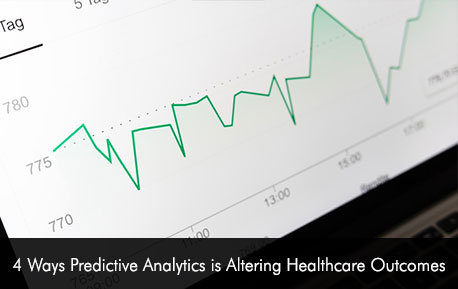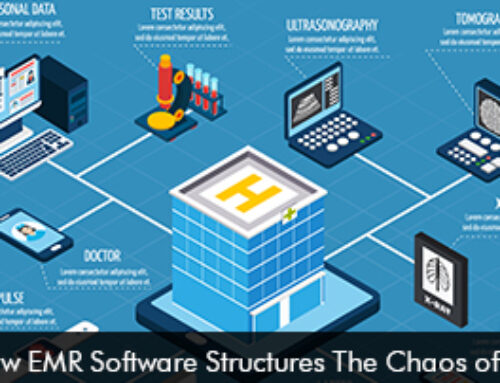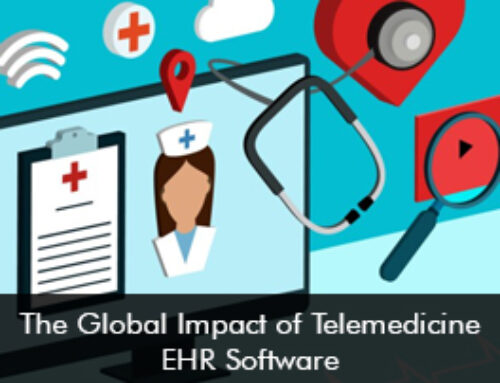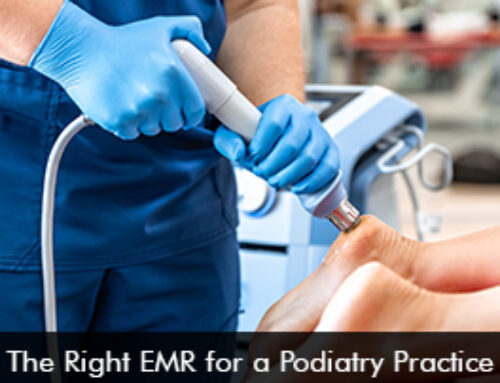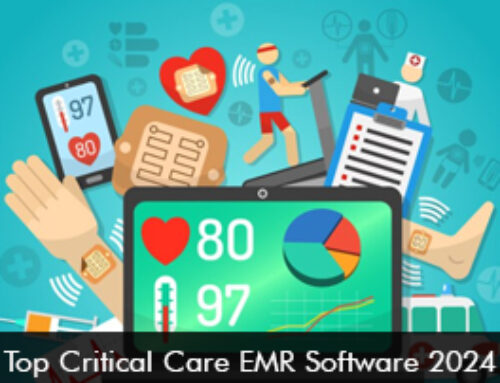Practice Analytics EMR Software uses Predictive Analytics Technology to search through enormous amounts of information and data to predict outcomes for patients. This information may include data related to patients’ past treatment outcomes and all the latest medical research published in databases and journals.
Predictive analytics helps to transform the care process and empower healthcare providers to keep patients satisfied throughout their treatment process and increase patient outcome levels.
The four ways predictive analytics can enhance healthcare
- Makes possible for personalized care delivery – Healthcare treatment requires personalized strategies and care delivery to improve overall health and wellness. Predictive analytics makes it possible to track personalized health goals to monitor a patient’s health progress. Analytics also helps to create evidence physicians need for care decisions for specific patient needs. Analytics transforms data exchanges from social and biometric sources to reveal insights about the exclusivity of each person. Personalized health data is very crucial to track daily eating habits and wellness goals.
- Predictive analytics help with preventive medicine and public health – Many diseases can be prevented with early intervention. Predictive analytics will help clinicians to successfully identify at-risk patients. With the help of the information provided patients can make lifestyle changes to improve health and avoid any health risks.
- Helping with the COVID-19 pandemic – Predictive analytics allows clinicians to better comprehend the unique conditions that contribute to a variation in outcomes. Certain populations are hit more forcefully with the COVID-19 pandemic, through analytics clear insights can be generated into health patterns and trends by population segments. Predictive analytics helps to identify the correct strategies that can help people stay healthy.
- Enhanced operational outcomes for providers – By organizing and mobilizing data through predictive analytics healthcare providers can improve their performance. Decision making becomes more accurate with the real-time data available which also improves health outcomes. Operational analytics tools help to track productivity, efficiency, workforce capacity, and sustainability within the healthcare organization.
Conclusion
In the United States, predictive analytics is the next big thing in the healthcare system as providers have realized its many benefits by providing proactive approaches to improve healthcare delivery and patient outcomes. Predictive analytics along with a human-centered approach can make sure that clinicians address any inadequacies along the patient’s treatment process and design unique services that match the needs of the patient population. Better diagnosis and targeted treatment through analytics improve patient care which is the ultimate goal of healthcare.


